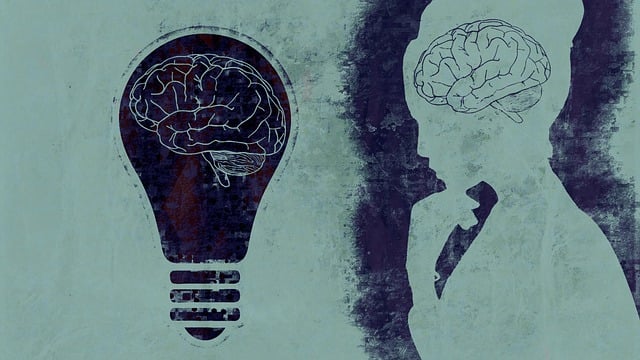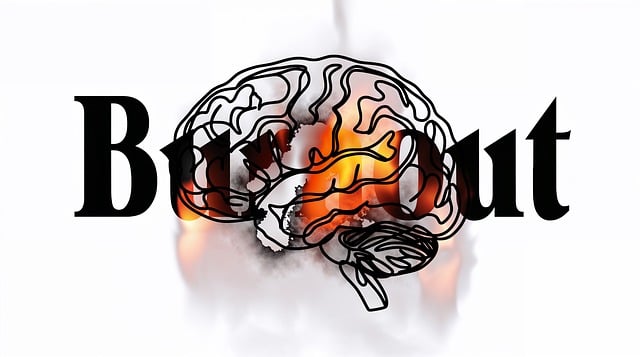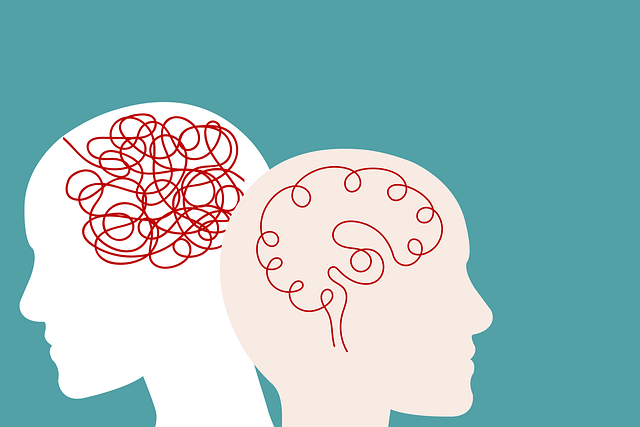Evaluating Colorado Springs psychosis therapy requires a multi-faceted approach combining clinical outcomes (measured by standardized scales like PANSS), patient-reported experiences via surveys and interviews, engagement tracking, and longitudinal monitoring. This holistic evaluation method, incorporating both objective data and subjective feedback, ensures tailored care, improves community outreach, guides policy decisions, and promotes evidence-based practices in mental wellness services throughout Colorado Springs.
In the pursuit of optimal mental wellness, evaluating program effectiveness is paramount, especially for initiatives like Colorado Springs Psychosis Therapy. This article delves into three core evaluation methods: Assessing Program Effectiveness through robust metrics and tools, leveraging Client Feedback and Satisfaction Surveys as a vital component, and implementing Longitudinal Tracking to measure mental wellness outcomes over time. These strategies ensure the success and continuous improvement of therapeutic programs.
- Assessing Program Effectiveness: Metrics and Tools for Colorado Springs Psychosis Therapy
- Client Feedback and Satisfaction Surveys: A Vital Component of Evaluation
- Longitudinal Tracking: Measuring Mental Wellness Outcomes Over Time in Therapy Programs
Assessing Program Effectiveness: Metrics and Tools for Colorado Springs Psychosis Therapy

Evaluating the effectiveness of Colorado Springs Psychosis Therapy programs is a multifaceted process that goes beyond simple patient satisfaction surveys. To truly assess impact, metrics should encompass both clinical outcomes and patient-reported experiences. Key performance indicators (KPIs) include measures of symptom severity reduction, such as changes in psychotic symptoms assessed via standardized scales like the Positive and Negative Symptom Assessment (PANSS). Additionally, tracking patient engagement and adherence to treatment protocols provides insights into program effectiveness.
Beyond traditional metrics, incorporating subjective assessments through patient surveys and interviews captures the emotional healing processes facilitated by Colorado Springs Psychosis Therapy. These tools can gauge improvements in coping mechanisms, resilience, and quality of life, highlighting the role of mind over matter principles and compassion cultivation practices in therapy outcomes. By combining objective data with patient perspectives, evaluators gain a comprehensive understanding of program effectiveness, enabling continuous improvement and tailored support for individuals navigating psychosis.
Client Feedback and Satisfaction Surveys: A Vital Component of Evaluation

Client feedback and satisfaction surveys are a vital component of evaluating mental wellness programs, including Colorado Springs psychosis therapy initiatives. These tools provide invaluable insights into the client’s experience, allowing for a deeper understanding of program effectiveness and areas that require improvement. By gathering direct feedback from individuals who have participated in these programs, therapists, counselors, and administrators can gauge the impact of their interventions on emotional regulation and overall mental health.
Incorporating client satisfaction surveys as part of a comprehensive evaluation strategy is essential for enhancing community outreach program implementations. The feedback received can influence policy decisions related to mental health, fostering advocacy and promoting evidence-based practices. This data-driven approach ensures that programs are tailored to meet the unique needs of individuals in Colorado Springs, ultimately improving access to quality mental wellness care.
Longitudinal Tracking: Measuring Mental Wellness Outcomes Over Time in Therapy Programs

In the context of Colorado Springs psychosis therapy and other mental wellness programs, longitudinal tracking is a powerful evaluation method that assesses outcomes over an extended period. This approach allows therapists to gain valuable insights into the long-term effectiveness of interventions and treatment strategies. By measuring mental wellness indicators at various intervals, practitioners can identify trends, track progress, and make informed adjustments to care plans. Such continuous monitoring enables them to tailor support for individuals navigating psychosis or related challenges, focusing on both acute symptoms reduction and preventing burnout among therapy staff—a crucial aspect of sustainable mental health services delivery.
Moreover, longitudinal studies facilitate the examination of the impact of different therapeutic modalities on clients’ emotional well-being. Through regular assessments, therapists can evaluate the efficacy of Mind Over Matter principles and other evidence-based techniques employed in promoting resilience and coping mechanisms. This data is instrumental in refining treatment protocols, ensuring that programs remain responsive to the evolving needs of participants and contribute significantly to their overall mental wellness journey.
Evaluating mental wellness programs, such as Colorado Springs Psychosis Therapy, requires a multi-faceted approach. By combining assessment metrics, client feedback through satisfaction surveys, and longitudinal tracking of mental wellness outcomes over time, we can gain a comprehensive understanding of program effectiveness. This holistic evaluation method ensures that therapy initiatives not only meet immediate needs but also foster lasting positive changes for participants.














